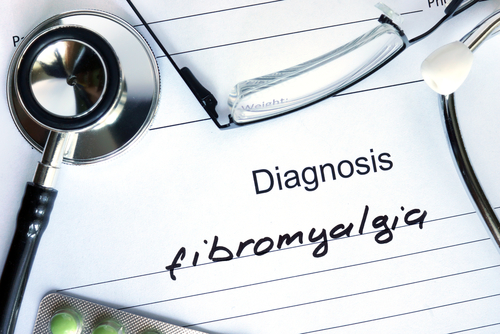Moderate drinking reduced fibromyalgia patients’ pain and depression, but the benefits were more pronounced in people with chronic non-fibromyalgia pain, a study showed.
The research in the journal Pain Medicine is titled “Moderate Alcohol Consumption Is Associated with Reduced Pain and Fibromyalgia Symptoms in Chronic Pain Patients.”
Studies have shown that moderate alcohol consumption protects the heart, decreases the risk of death, diabetes and dementia, reduces depression, and improves cognitive function, physical function, and quality of life. Moderate consumption in women is considered to be one drink a day and in men two drinks.
In contrast, heavy drinkers are at greater risk of an injury, becoming an alcoholic, developing a liver or heart disease, becoming depressed, and having other health problems. The National Institute on Alcoholism and Alcohol Abuse defines a heavy drinker as a women who has more than seven drinks a week and a man who has more than 14.
Previous research on the link between alcohol consumption and pain has shown that low consumption reduces rheumatoid arthritis patients’ pain and the disability that patients with low back pain experience.
Another finding was that moderate drinking prevents chronic pain from developing. If a person is already experiencing pain, alcohol fails to curb it, however.
Fibromyalgia studies have shown that low to moderate drinking improves patients’ symptoms, disability, and quality of life.
Researchers wondered if they could learn more about moderate drinking’s effect on pain by studying a mixed group of chronic pain and fibromyalgia patients. They hypothesized that moderate alcohol consumption would reduce fibromyalgia and non-fibromyalia patients’ pain.
The team used a questionnaire and surveys to obtain information from 2,583 chronic pain patients being treated at a University of Michigan pain clinic. Twenty-three percent or 591 reported that they drank, with 80 percent — 502 — classified as moderate drinkers.
A key finding was that moderate chronic pain drinkers reported less pain. They also reported less anxiety, depression, and catastrophizing, or believing that their symptoms were worse than they were.
Moderate drinkers also reported better physical function and less trouble carrying out daily activities. The physical function included walking, climbing stairs, lifting, and bending. Daily activities included dressing, bathing, housework, and yard work.
Among fibromyalgia patients, moderate drinking correlated with less pain, better physical function, less depression and less interference, or pain’s ability to interfere with a person’s life. There was no correlation with other fibromyalgia symptoms, anxiety or catastrophizing, however.
In general, those with chronic pain benefitted more from moderate alcohol consumption than fibromyalgia patients.
“Our hypothesis that chronic pain patients who drink moderately would report less pain and symptom severity compared with nondrinkers was supported,” the researchers wrote.
“These data suggest that the effects of moderate alcohol consumption on [fibromyalgia] symptoms has important clinical implications for chronic pain patients in general,” they added.
One caveat that the researchers mentioned was that the National Institute on Alcoholism and Alcohol Abuse’s guidelines on moderate drinking are based on drinking’s heart benefits, not on its pain benefits. More research is needed to establish the best alcohol consumption level for pain reduction, they said.
In the meantime, they advised those with pain to follow current guidelines on low to moderate drinking.

